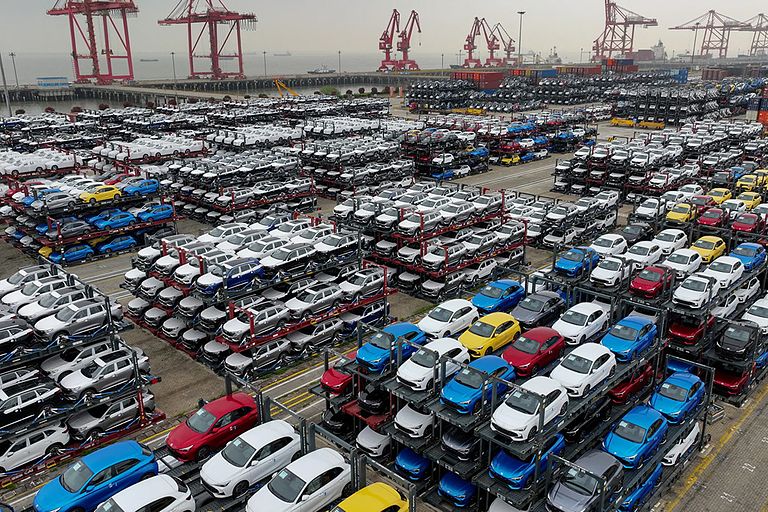2022/10/12
The organisation of the Petroleum Exporting Countries (opec) is sometimes called the oil market’s central bank. Every month the cartel and its allies, a group of 23 countries that produce 40% of the world’s oil, meet to decide on production targets. The aim is to keep prices high and stable. But just as central-bank governors argue about the speed of rate rises, members of opec+, as the wider group is known, disagree on how fast to turn the spigots.
The summit on October 5th was a short one, but it nevertheless produced a controversial decision. Ending a series of online meetings and timid tweaks to output, opec+—which includes Russia—met in person for the first time since the covid-19 pandemic. Emerging from a Viennese boardroom, ministers confirmed that they would cut production by 2m barrels a day (b/d), an amount equivalent to 2% of the world’s total output. After months of market volatility and missed targets, the cartel is determined to restore its credibility and regain control of the oil price.
The summit on October 5th was a short one, but it nevertheless produced a controversial decision. Ending a series of online meetings and timid tweaks to output, opec+—which includes Russia—met in person for the first time since the covid-19 pandemic. Emerging from a Viennese boardroom, ministers confirmed that they would cut production by 2m barrels a day (b/d), an amount equivalent to 2% of the world’s total output. After months of market volatility and missed targets, the cartel is determined to restore its credibility and regain control of the oil price.
Members are worried about falling demand. Brent crude, the global benchmark, has dropped to $93 a barrel, down from $125 in June. Pricey petrol has led to lower consumption. Europe’s gas crunch, China’s covid policies and property troubles, and rising interest rates augur a global recession. The strong dollar, in which oil prices are denominated, makes the fuel still less affordable outside America. opec+ does not explicitly say so, but its members want a floor under the price at a time when increased spending at home implies a higher break-even price. Experts place that floor at between $80 and $100, compared with $70 to $80 before covid.
The cartel has rarely had such an opportunity to set prices. No country apart from its biggest members has the capacity to increase output fast, and global stocks are low. Crude inventories in the oecd, a club of mostly rich countries, remain well below their five-year average; China is running down its stockpiles in a bid to satiate its thirsty refiners. The volume of oil on water may be rising, but that is only thanks to the longer tanker journeys that are required as the market adjusts to sanctions, rather than growth in floating storage, notes Giovanni Serio of Vitol, a trader.

영국의 주간지 이코노미스트의 리더스, 브리핑, 칼럼 기사를 번역해 소개합니다.
* 이 계정은 alookso에서 운영합니다.
















